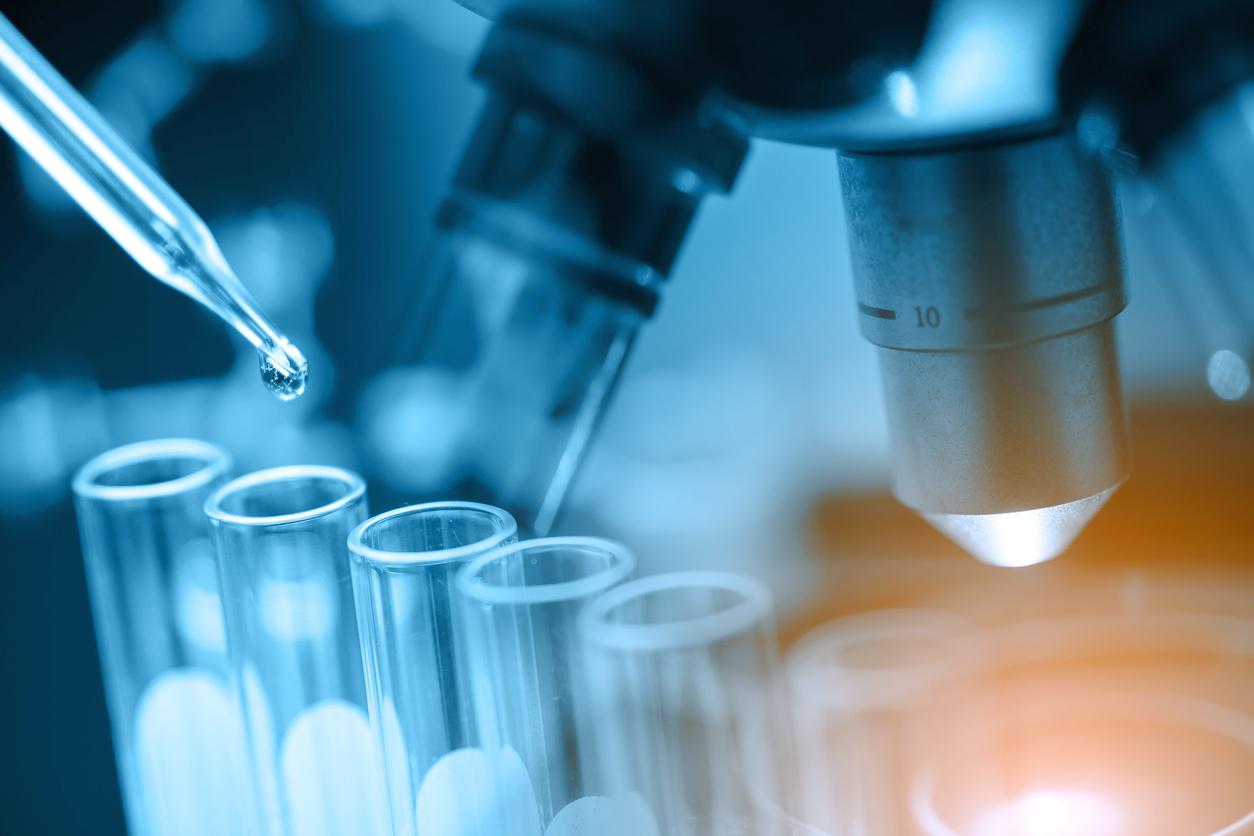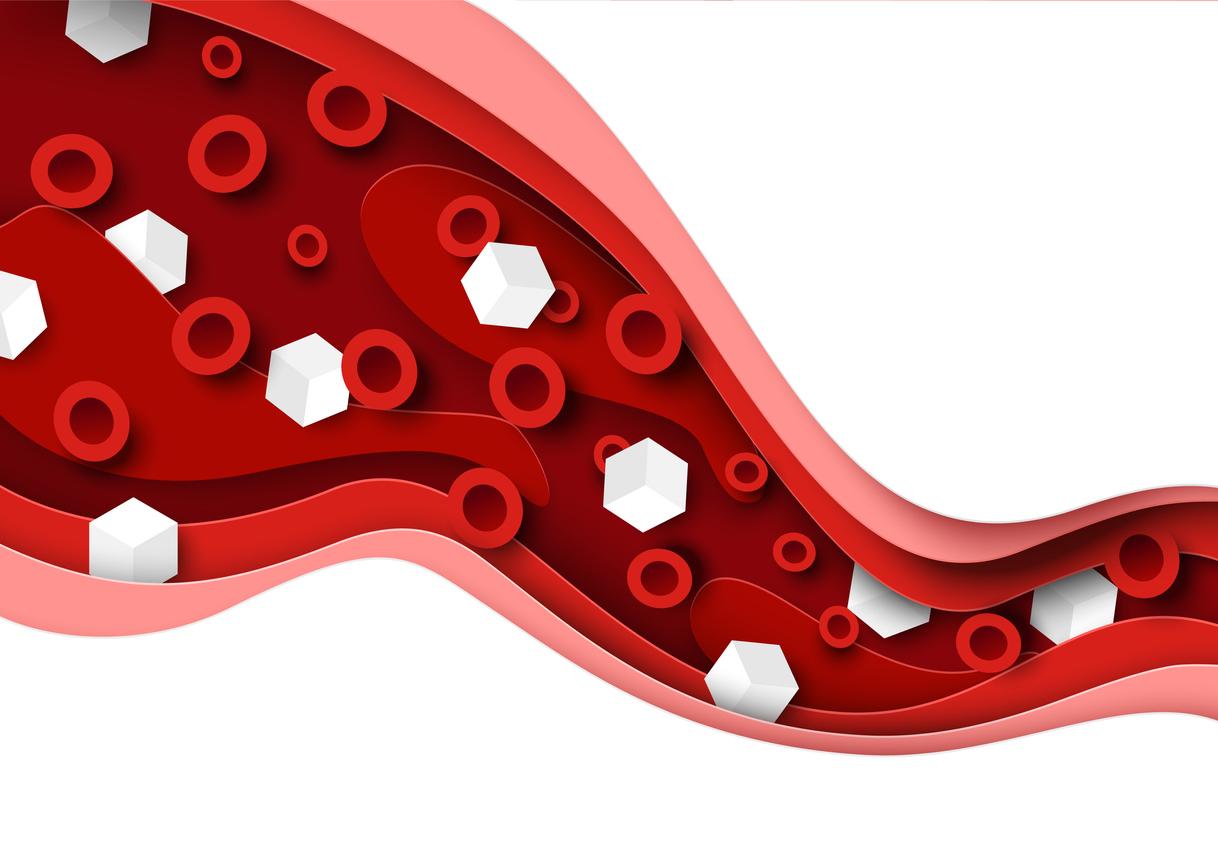Lab-grown red blood cells were transfused into two volunteers, residing in the UK, as part of a clinical trial.

- Throughout the year, the French Blood Establishment (EFS) warned of the low stocks of blood products available.
- Normal blood donations remain necessary to provide the vast majority of blood transfusions.
- The amount of lab-created cells that is infused varies but is between 5 and 10 ml.
For the first time, researchers from the University of Bristol (England) transfused human beings with synthetic blood. As part of a global clinical trial, called “RESTORE”, scientists recruited people who donated their blood through a database. They had to donate their blood. Then the team separated the stem cells from their blood and cultured them to produce red blood cells in a lab. She also recruited blood recipients from healthy members of the National Institute for Health and Care Research (NIHR) BioResource.
Two patients received a synthetic blood transfusion
The team’s goal? To study the lifespan of cells created in the laboratory compared to standard red blood cell transfusions from the same donor. “Because the lab-grown blood cells are all fresh, the team expects them to perform better than a similar transfusion of standard red blood cells from a donation, which contains cells of different ages,” did they write in a statement.
So far, two British patients have received transfusions of laboratory-grown red blood cells. Their condition has been closely monitored and to date no side effects have been reported. So the volunteers “are doing well and are in good health”. According to the scientists, at least ten people will receive two mini-transfusions at least four months apart in order to find out if the red blood cells produced in the laboratory last longer than the cells produced by the body.
Blood disorders: “Cells made in the laboratory could revolutionize treatments”
“If proven to be safe and effective, lab-made blood cells could ultimately revolutionize treatments for people with blood disorders, such as sickle cell disease, and those with rare blood types. It can be difficult to find enough compatible donor blood for certain patients”, the team said.
Also, if the cells made last longer in the body, patients who need blood regularly might not need such frequent transfusions. “This would reduce iron overload from frequent blood transfusions, which can lead to serious complications.”














